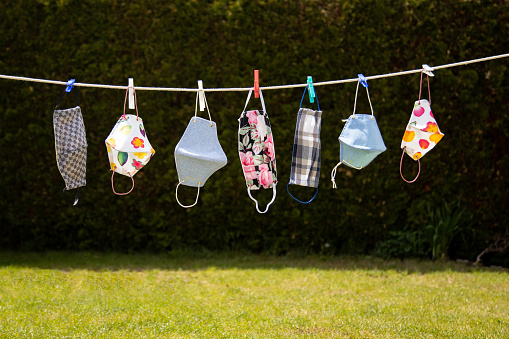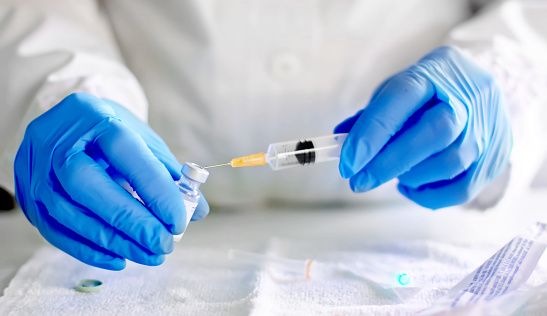Older adults and people with underlying conditions like lung disease, diabetes and heart diseases are about twice as likely to develop serious outcomes if they contract the coronavirus (COVID-19), according to the Centers for Disease Control and Prevention (CDC).
But that doesn’t mean you’re powerless in the face of this pandemic. By following recommendations set forth by your physician and local and national health authorities, you can help keep yourself and your loved ones safe.
Here, we’ll examine why the coronavirus is more dangerous for older adults and how you can stay safe.
Why is the Coronavirus More Dangerous for Older Adults?
Older adults are more susceptible to the coronavirus for two main reasons, according to Immunologist Vineet Menachery, University of Texas Medical Branch:
- Older adults are more likely to have underlying conditions that hinder the body’s ability to cope and recover from an illness.
- As we age, our immune response changes.
“As you get older, your lungs are not as elastic or as resilient as when you're younger. Those kinds of things, coupled with any kind of health issue you might have, trend toward this loss of airway function and respiratory function," he explained.
How to Reduce Your Risk
First, remain calm. The CDC recommends you keep extra supplies — at least two weeks worth — on hand (like necessary medications or any medical supplies you might need) in case there is an outbreak in your community. Remember, wearing face masks and hoarding supplies like hand sanitizer and cleaning products, is unnecessary and puts others at risk.
You also may want to have a few supplies like fever reducers or tissues on hand if you do get sick to help you recover at home. Also, the CDC notes you’ll want to have enough food on hand if you need to stay at home for a period of time, especially if there’s an outbreak in your community.
Everyday precautions can help reduce your risk of getting sick. These include things like:
- Avoiding close contact with sick people
- Washing your hands for at least 20 seconds before you eat, after you return from a public place and if you blow your nose
- Not touching your face
- Disinfecting regularly used items
- Avoiding crowds
- Avoiding non-essential travel including cruises and long plane trips
Don’t fall for these popular coronavirus myths
Information for Caregivers
If you’re caring for someone who is at higher risk for complications from the virus, you’ll want to ensure you’re familiar with their medications. And like the tips above, you’ll want to make sure the person you’re caring for has enough medication and medical supplies on hand to last at least two weeks.
Most importantly, notes Dr. Nancy Messonnier, director of the National Center for Immunization and Respiratory Diseases, a division of the CDC, you’ll want to have a plan if they get sick or you get sick.
If you get sick, you may have to identify backups to care for the person.
What to Do if You Get Sick
If you have questions about symptoms you’re experiencing or you’ve been in contact with someone who has tested positive for the virus, it’s recommended you call your doctor’s office instead of going into the office. This will help stop the spread of the virus and your doctor can advise you on the next steps.
Get Your Household Ready With These Tips
The CDC recommends that people actively ill with coronavirus stay home, wear face masks and frequently wash their hands to reduce the spread of the virus. The organization also recommends isolating yourself in one room of your home and, if possible, using your own bathroom.
If you live alone and become ill, communicate with others via phone and email. Ask others to periodically check on you as you may need help.
More Information On What to Do If You Get Sick
Coronavirus Testing
If you need to get a coronavirus test, you may be wondering if Medicare will cover the cost. According to Seema Verma, administrator at the Centers for Medicare and Medicaid Services (CMS), you can receive a test with no cost-sharing. Verma also noted that private insurers are preparing to cover the cost of testing.
Additionally, Medicare Part D would cover a coronavirus vaccine if one becomes available, Verma said.
Coronavirus Warning Signs to Watch For
Though the majority of COVID-19 cases have not been serious, if you develop any of these symptoms, seek emergency medical attention:
- Difficulty breathing or shortness of breath
- Persistent pain or pressure in the chest
- New confusion or the inability to wake
- Bluish lips or face
If you experience any symptoms that are concerning to you, contact your doctor.













